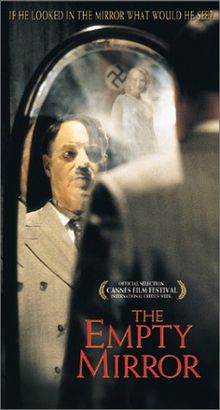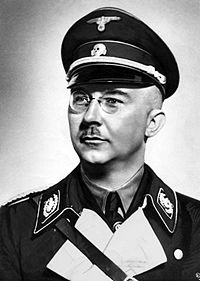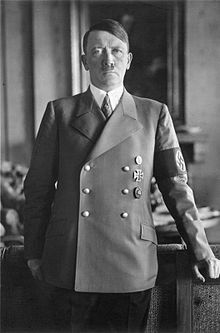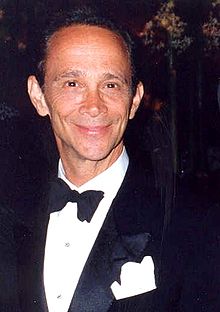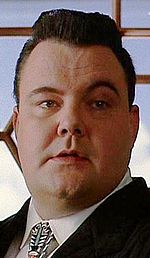The Empty Mirror
The Empty Mirror is an experimental dramatic featurelength film using historical images and speculative fiction to study the life and mind of Adolf Hitler. The film is a psychological journey that examines the nature of evil and the dark strands of human nature. The 1996 film premiered at the Cannes International Film Festival and was released theatrically by Lions Gate Films. The film had its cable premiere on HBO.
Through haunting images, Hitlers streamofconsciousness soliloquies and exchanges with his phantom guests, The Empty Mirror presents a frightening primer on genius and psychosis, domination and destruction. The action unfolds amidst a streaming flow of archival film footage intercut with images from Leni Riefenstahls masterpiece of Nazi propaganda, Triumph of the Will, as well as private home movies shot by Eva Braun.Critical reaction to the film was generally favorable. Ella Taylor of The Atlantic Monthly called it an ambitious, fascinating feature debut. David Sterritt of The Christian Science Monitor said it conjures up a postmodern version of what composer Richard Wagner called a Gesamtkunstwerk, or total art work. Ed Kelleher of Film Journal International called it a vivid, unsettling bold, demanding film. Also impressed, The Boston Phoenix reports in its silent moments of visual horror, many of them enduringly haunting, The Empty Mirror transcends its ambitious erudition, becoming a work of beauty and emotional depth. On Norman Rodway as Hitler, Joe Leydon of MSNBC exclaimed, Rodway whose performance as Hitler is a canny balance of prideful fanaticism and anxious rationalization is truly mesmerizing. Similarly, Peter Stack of The San Francisco Chronicle remarked, Rodways bellowing, sometimes pleading tourdeforce is so extraordinary that its almost scary to watch. Alternatively on a negative front, Lawrence Van Gelder of The New York Times, commented, Adolf Hitler may have been many things, but it seems unlikely that he was the colossal bore portrayed in the hyperthyroid hodgepodge of pseudopsychotherapy. Left unimpressed, Kevin Thomas of The Los Angeles Times mused, Theres lots of flashy visuals as punctuation, but they simply serve to underline the theatricality of this entire endeavor, which belongs on a stage, if anywhere at all. ........
Source: Wikipedia

